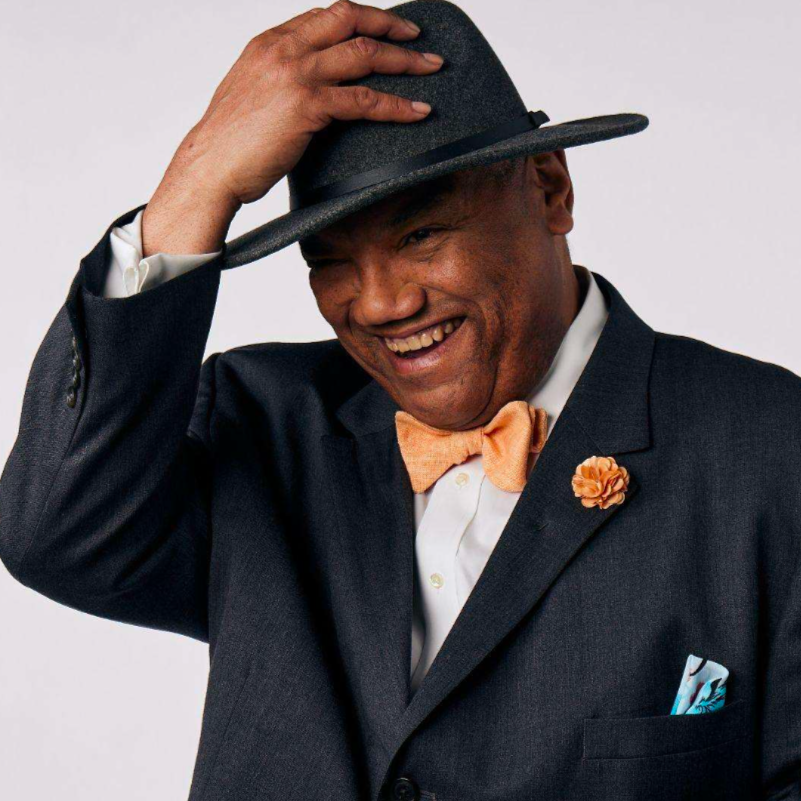Controversial helmet rule poses a problem for running backs
Despite recent challenges first by Warrick Dunn and then Michael Turner, Gerald Riggs remains the Falcons’ all-time leading rusher.
Riggs, who played for the Falcons from 1982-88, is a broadcaster in Chattanooga, Tenn., and still closely follows the NFL. And he believes the new “helmet rule” that was passed last week is a travesty to the game.
“I would have never received a paycheck,” said Riggs, who amassed 6,631 yards in seven seasons with the Falcons. “I would have been fined every week. Probably, 30 times a game. This is ridiculous.”
The rule change, banning ball carriers from making forcible contact with the crown of the helmet, was met by instant protests from running backs, who believe using the helmet is part of the game. The league believes it puts them further at risk to head and neck injuries.
Like Riggs, Hall of Fame running back Emmitt Smith was quick to shoot down the rule. Chicago running back Matt Forte vented on Twitter: “Wow so they really passed that rule … last time I checked football was a contact sport. Calling bank now to set up my lowering the boom fund.”
At the league meetings last week in Arizona, rule proposal No. 6 called for placing restrictions on ball carriers and defensive players initiating forcible contact with the crown of their helmets. It passed 31-1, with only Cincinnati voting against.
“There are two elements to it,” said Falcons president Rich McKay, chairman of the league’s competition committee. “Both players have to clearly be out of the tackle box. It applies to a runner or a tackler. It applies when that runner or tackler ducks his head and delivers a forcible blow with the top or crown of his helmet.”
The league discussed the change with the NFL Players Association and Hall of Fame coach John Madden’s player-safety advisory committee. League coaches also weighed in on the proposal.
The NFL is facing several concussion lawsuits from former players and has been taking steps, in the name of player safety, to eliminate much of the head contact from a violent and physically taxing game.
Some coaches were skeptical about the new rule.
“Some were nervous about how it was going to get coached up right at the start, and some were worried about the officiating side of it,” McKay said. “Those are all of the concerns that we have heard for a long time as we talked about it.”
The competition committee studied tape from last season’s Week 10 and Week 16 and found 11 plays that would have resulted in penalties under the new rule.
Some contend that the rule will put additional stress on the officials, which was the Bengals’ main objection.
“I’m not confident we should add another discretionary call,” Cincinnati owner Mike Brown told the Cincinnati Enquirer. “We’re asking an awful lot of our referees to make those kind of calls.”
The league has banned other tactics over the years, from the head slap to clothesline and horse-collar tackles.
“I don’t know if we are talking about anything that has crept into the game at all,” Brown said. “It is something football has had as long as I remember.”
St. Louis coach Jeff Fisher, a member of the competition committee, lauded the change.
“This is a very important step in our continuing efforts to emphasize player safety,” Fisher said. “Our game is safe and has been getting safer over time. The players’ habits, their reactions, their responses to rule changes, you see it on the field. This is just another step in that direction.”
League officials will receive training on calling the new rule.
“They are already starting the process of educating officials of what should be called and what not should be called,” Fisher said. “We don’t want the back officials standing around and every time there is a play in space, to be looking for that play or that penalty. We want them to officiate the game and if it comes up, it comes up.”
The committee doesn’t believe the rule will be over-officiated and believes that the players will adjust after being coached to lower their shoulders and keep their heads out of the way.
“The running back has an opportunity to protect the football — lower the head, lower the shoulder — as long as he doesn’t load up and strike with the top of the helmet,” Fisher said.
Riggs understands the issue of player safety, but believes the league’s motives are misguided this time.
“They are taking too much away from the running backs,” Riggs said. “You are taking away his natural ability to go out there and be aggressive. I don’t agree with it.”



